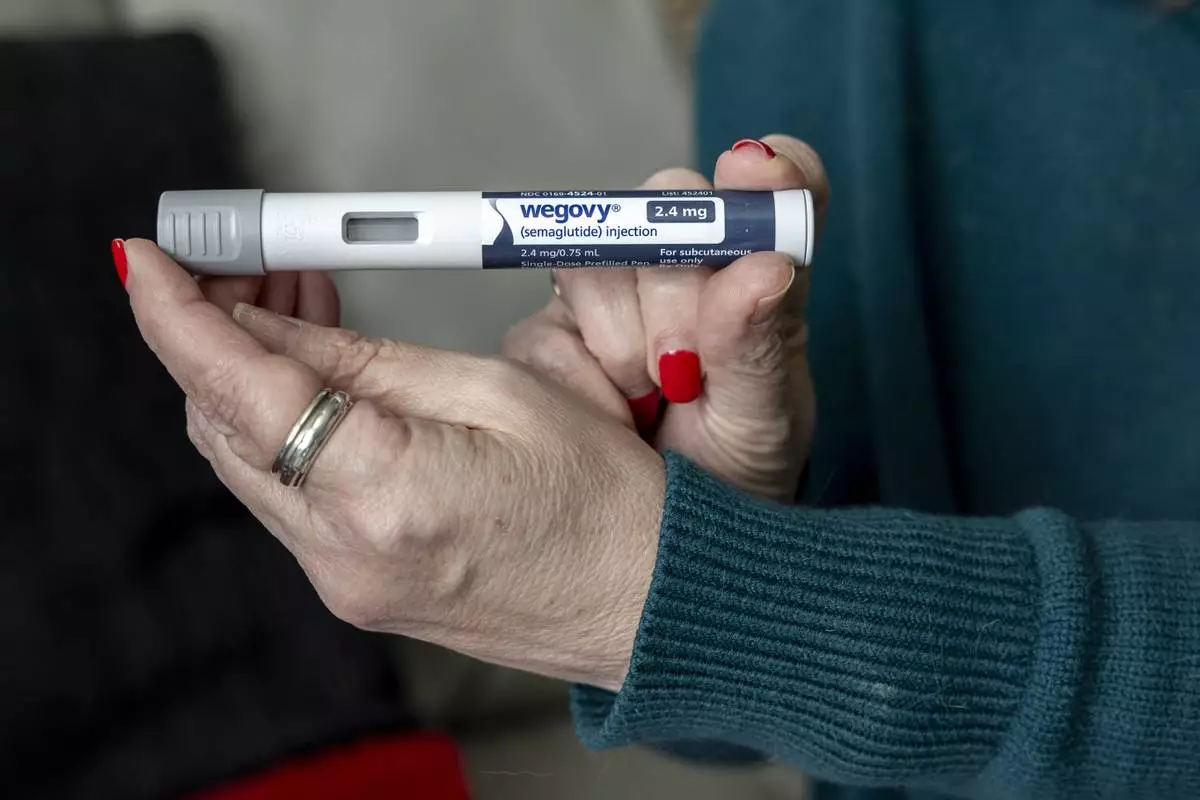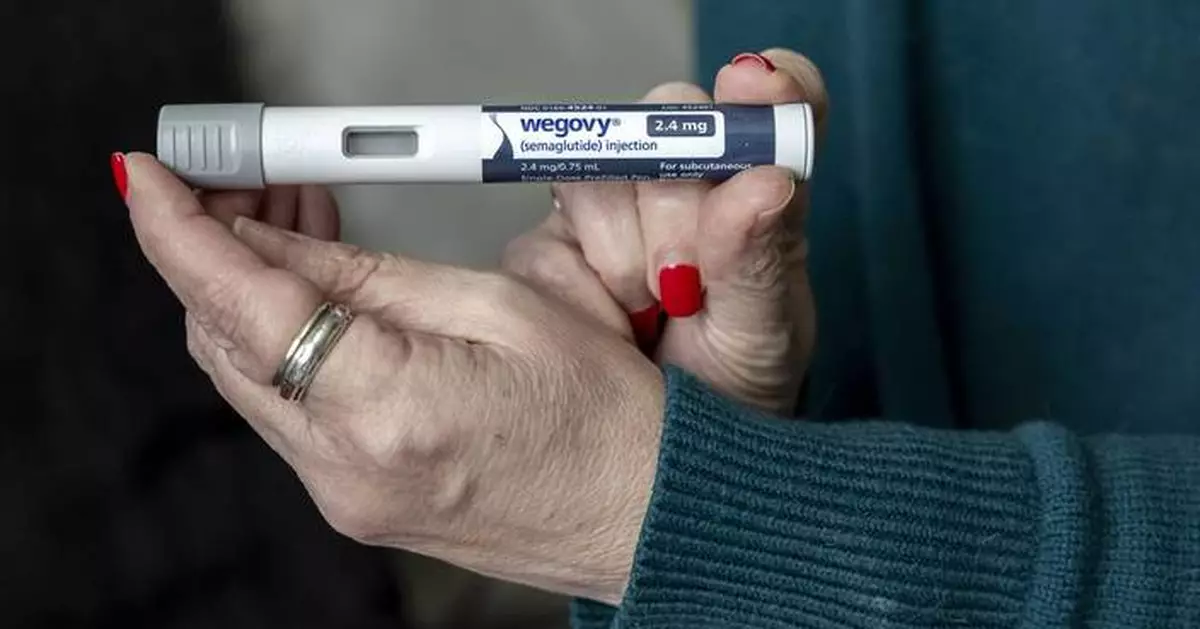Unlike scores of people who scrambled for the blockbuster drugs Ozempic and Wegovy to lose weight in recent years, Danielle Griffin had no trouble getting them.
The 38-year-old information technology worker from New Mexico had a prescription. Her pharmacy had the drugs in stock. And her health insurance covered all but $25 to $50 of the monthly cost.
For Griffin, the hardest part of using the new drugs wasn’t access. It was finding out that the much-hyped medications didn’t really work for her.
“I have been on Wegovy for a year and a half and have only lost 13 pounds,” said Griffin, who watches her diet, drinks plenty of water and exercises regularly. “I’ve done everything right with no success. It’s discouraging.”
In clinical trials, most participants taking Wegovy or Mounjaro to treat obesity lost an average of 15% to 22% of their body weight — up to 50 pounds or more in many cases. But roughly 10% to 15% of patients in those trials were “nonresponders” who lost less than 5% of their body weight.
Now that millions of people have used the drugs, several obesity experts told The Associated Press that perhaps 20% of patients — as many as 1 in 5 — may not respond well to the medications. It's a little-known consequence of the obesity drug boom, according to doctors who caution eager patients not to expect one-size-fits-all results.
“It's all about explaining that different people have different responses,” said Dr. Fatima Cody Stanford, an obesity expert at Massachusetts General Hospital
The drugs are known as GLP-1 receptor agonists because they mimic a hormone in the body known as glucagon-like peptide 1. Genetics, hormones and variability in how the brain regulates energy can all influence weight — and a person's response to the drugs, Stanford said. Medical conditions such as sleep apnea can prevent weight loss, as can certain common medications, such as antidepressants, steroids and contraceptives.
“This is a disease that stems from the brain,” said Stanford. “The dysfunction may not be the same” from patient to patient.
Despite such cautions, patients are often upset when they start getting the weekly injections but the numbers on the scale barely budge.
“It can be devastating,” said Dr. Katherine Saunders, an obesity expert at Weill Cornell Medicine and co-founder of the obesity treatment company FlyteHealth. “With such high expectations, there’s so much room for disappointment.”
That was the case for Griffin, who has battled obesity since childhood and hoped to shed 70 pounds using Wegovy. The drug helped reduce her appetite and lowered her risk of diabetes, but she saw little change in weight.
“It’s an emotional roller coaster,” she said. “You want it to work like it does for everybody else.”
The medications are typically prescribed along with eating behavior and lifestyle changes.
It’s usually clear within weeks whether someone will respond to the drugs, said Dr. Jody Dushay, an endocrine specialist at Beth Israel Deaconess Medical Center. Weight loss typically begins right away and continues as the dosage increases.
For some patients, that just doesn't happen. For others, side effects such as nausea, vomiting and diarrhea force them to halt the medications, Dushay said. In such situations, patients who were counting on the new drugs to pare pounds may think they’re out of options.
“I tell them: It's not game over,” Dushay said.
Trying a different version of the new class of drugs may help. Griffin, who didn't respond well to Wegovy, has started using Zepbound, which targets an additional hormone pathway in the body. After three months of using the drug, she has lost 7 pounds.
“I'm hoping it's slow and steady,” she said.
Other people respond well to older drugs, the experts said. Changing diet, exercise, sleep and stress habits can also have profound effects. Figuring out what works typically requires a doctor trained to treat obesity, Saunders noted.
“Obesity is such a complex disease that really needs to be treated very comprehensively,” she said. “If what we’re prescribing doesn’t work, we always have a backup plan.”
The Associated Press Health and Science Department receives support from the Howard Hughes Medical Institute’s Science and Educational Media Group. The AP is solely responsible for all content.

FILE - Donna Cooper holds up a dosage of Wegovy, a drug used for weight loss, at her home, March 1, 2024, in Front Royal, Va. (AP Photo/Amanda Andrade-Rhoades, File)





















































